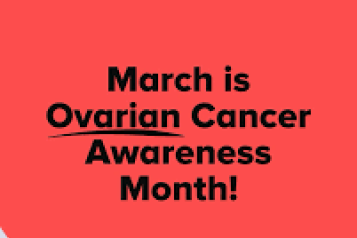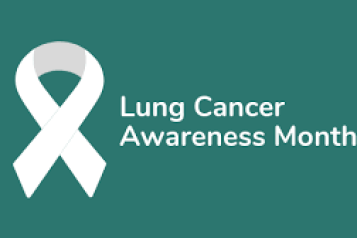Mouth Cancer Action Month 2024
The event aims to raise awareness of mouth cancer and share the important message of being mouthaware.

Last year, around 10,000 people in the UK were given the life-changing news that they have mouth cancer.
These numbers continue to rise while the disease claims more lives than cervical and testicular cancer combined.
Since Mouth Cancer Action Month started in 2000, the Oral Health Foundation has invested nearly £2 million on improving awareness and education around mouth cancer.
The more we know about mouth cancer, the better chance we have of beating it. This means knowing how to spot mouth cancer early and knowing where to go when we see something out of the ordinary. It also means reducing our risk by cutting down on the things that cause mouth cancer.
Knowing how to spot mouth cancer early and regularly checking for unusual changes in the mouth:
Signs and symptoms of mouth cancer include:
- Mouth ulcers that don't heal
- Red or white patches in the mouth
- Lumps and swellings in the mouth, head or neck
- A persistent sore throat
- Having pain or difficulty swallowing
- Speech problems
- Weight loss
- Bad breath
If you notice anything out of the ordinary, make an appointment with your dentist or doctor to get it checked by a professional.
Understanding what is likely to cause mouth cancer can reduce your risk. The causes of most mouth cancers are unknown. However, there are several factors that are likely to increase your risk.
Up to 90% of all mouth cancers are linked to lifestyle factors. This means that with a few small changes, you can help cut your chances of developing mouth cancer.
- Smoking - increases your risk of developing mouth cancer by up to ten times compared with non-smokers. This includes smoking cigarettes, pipes and cigars.
- Smokeless tobacco products -Smokeless tobacco is any tobacco product that is placed in the mouth or nose and not burned and also increase the risk of mouth cancer.
- Alcohol - Drinking alcohol to excess increases your risk of mouth cancer. Alcohol is linked to just under a third (30%) of all mouth cancers.
- HPV (Human Papillomavirus) is a major cause of vaginal, anal, and oral cancer. It is spread through unprotected sex, so a good way to protect yourself against it is to use barrier contraception (like condoms and dental dams). The HPV vaccine is another effective way to prevent HPV, offered to all 12 and 13 year olds.
- Diet- It is recommended that you eat a healthy, balanced diet including lots of fruit and vegetables, fibre and omega 3 to reduce your risk of cancers.
- Ultraviolet (UV) radiation- Too much ultraviolet (UV) radiation is a known cause of skin cancer. This can occur either from natural sunlight or sunbeds.
- Previous or family history of cancer -Those who have had mouth cancer or some other cancers are at greater risk of developing it again. Those with a family history of mouth cancer have a slightly increased risk of also developing the disease.
- Genetic conditions, HIV/AIDS, and organ transplants - Mouth cancer can also be more likely for those who carry certain inherited genes, those undergoing treatment for HIV or AIDS, and those taking medication after organ transplants.


